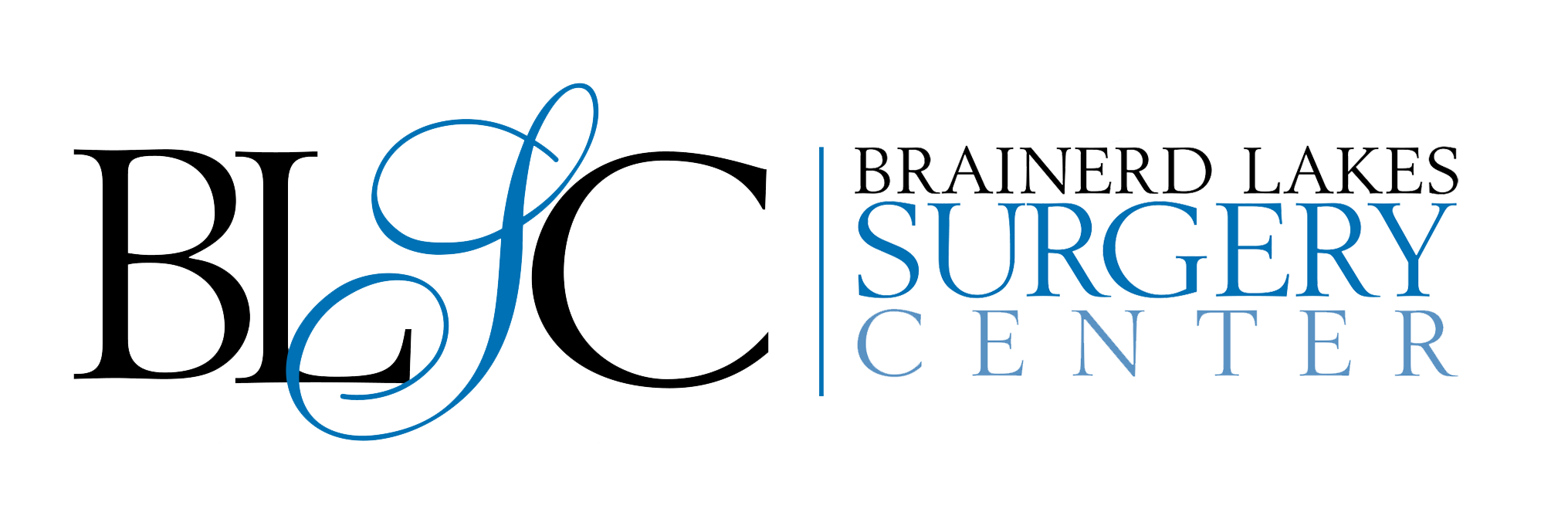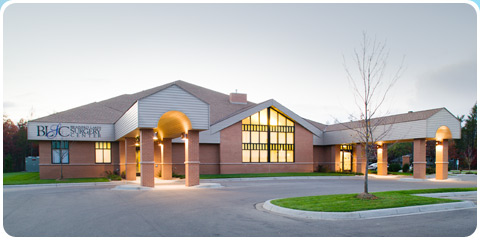-
(218) 822-2400
-
866-863-2400
- 13114 Isle Dr, Baxter, MN 56425
When you see a doctor or other health care provider, you may owe certain out-of-pocket costs, like a copayment, coinsurance or deductible. You may have additional costs or have to pay the entire bill if you see a provider or visit a healthcare facility that isn’t in your health plan’s network.
“Out-of-network” means providers and facilities that haven’t signed a contract with your health plan to provide services. Out-of-network providers may be allowed to bill you for the difference between what your plan pays and the full amount charged for a service. This is called “balance billing.” This amount is likely more than in-network costs for the same service and might not count toward our plan’s deductible or annual out-of-pocket limit.
“Surprise billing” is an unexpected balance bill. This can happen when you can’t control who is involved in your care – like when you have an emergency or when you schedule a visit at an in-network facility but are unexpectedly treated by an out-of-network provider. Surprise medical bills could cost thousands of dollars depending on the procedure or service.
You are protected from balance billing for:
Emergency Services
If you have an emergency medical condition and receive emergency services from an out-of-network provider or facility, the most they can bill you is your plan’s in-network cost-sharing amount (such as copayments, coinsurance, and deductibles). You can’t be balance billed for these emergency services. This includes services you may get after you’re in stable condition, unless you give written consent and give up your protections not to be balanced billed for these post-stabilization services.
When you receive services from an in-network hospital or ambulatory surgical center, certain providers may be out-of-network. In these cases, the most those providers can bill you is your plan’s in-network cost-sharing amount. This applies to emergency medicine, anesthesia, pathology, radiology, laboratory, neonatology, assistant surgeon, hospitalist, or intensivist services. These providers can’t balance bill you and may not ask you to give up your protections not to be balance billed.
If you get other types of services at these in-network facilities, out-of-network providers can’t balance bill you, unless you give written consent and give up your protections.
You’re never required to give up your protections from balance billing. You also aren’t required to get out-of-network care. You can choose a provider or facility in your plan’s network.
When balance billing isn’t allowed, you also have these protections:
You’re only responsible for paying your share of the cost (like the copayments, coinsurance, and deductible that you would pay if the provider or facility was in-network). Your health plan will pay any additional costs to out-of-network providers and facilities directly.
Generally, your health plan must:
Cover emergency services without requiring you to get approval for services in advance (also known as “prior authorization”).
Cover emergency services by out-of-network providers.
Base what you owe the provider or facility (cost-sharing) on what it would pay an in-network provider or facility and show that amount in your explanation of benefits.
Count any amount you pay for emergency services or out-of-network services toward your in-network deductible and out-of-pocket limit.
If you think you’ve been wrongly billed, please contact us at 218-822-2400 to notify us. The federal phone number for information and complaints is: 1-800-985-3059.
Visit www.cms.gov/nosurprises/consumers for more information about your rights under federal law.
Under the law, health care providers need to give patients who don’t have insurance or who are not using insurance an estimate of the bill for medical items and services.
You have the right to receive a Good Faith Estimate for the total expected cost from your provider or facility. The estimate is based on the information known at the time the estimate was created. It won’t include any unknown or unexpected cost that may be added during your treatment.
Make sure your health care provider gives you a Good Faith Estimate in writing method at least 3 business in advance.
Providers and facilities must also explain the good faith estimate per your preferred form of communication.
Save your good faith estimate. After you get a bill for the service or items, if the billed amount is $400 or more above the good faith estimate, you may be eligible to dispute the bill.
For questions or more information about your right to a Good Faith Estimate, visit www.cms.gov/nosurprises or call 218-822-2400
Minnesota Statute requires Surgery Centers to provide an online listing of standard charges using an adopted layout with charge information encoded in accordance with Statute specifications. Brainerd Lakes Surgery Center supports the intent of these regulations and has made good faith effort to ensure this files accuracy.
Click here for Price Transparency CSV file
The charges listed in this file do not reflect patient’s individual out of pocket expense. For an accurate estimate, please contact our business office at 218-822-2400.
We encourage you to contact your insurance carrier to review benefits and coverage prior to surgery. It is the patient’s responsibility to ensure that referrals and prior authorization are completed.
Any copay amount assigned by your insurance carrier is due on the date of service.
The Surgery Center will submit a claim for surgical services rendered on your behalf as a facility fee. This fee includes nursing care, medications, and supplies provided during your surgery. In addition to the facility fee there may be separate charges submitted for any implants utilized in your surgical care.
The Surgery Center may ask for payment in full for implants or services not covered by your insurance; such as specialty intraocular lens implants.
The Surgery Center will provide an estimate for the anticipated surgical services at an uninsured discounted rate. Patients are required to make down payment prior to surgery.
Payment plans may be arranged for the remaining balance by contacting the business office to arrange the terms of this agreement.
You may receive up to three additional bills associated with your surgical care.
One from your surgeon, for charges associated in performing the surgery.
The second for charges associated with anesthesia services.
The third potential bill would be for any associated lab or pathology fees.
Contact your surgeon’s office for an estimate on the surgeon’s professional charges, and Essentia Health at 1-833-430-5663 for an estimate on the anesthesia charges and any associated lab or pathology fees if applicable.
Payment in full is due upon receipt of your first statement. If you are unable to pay your balance in full, payment arrangements can be made by contacting the business office at 218-822-2414.
The Surgery Center does accept CareCredit. This is a credit card used to pay medical expenses with flexible financing options available. CareCredit is subject to credit approval. Apply at carecredit.com
We accept payments by cash, check, or credit card. Credit cards accepted by the surgery center include: Visa, MasterCard, and Discover. Payments can be submitted online, by mail, or by telephone at 218-822-2414.


Your Medical Information.
We are happy to fulfill your request for release of your medical records.
Print this pdf form and bring it in.
For information regarding Advance Directives, please contact your healthcare provider or follow the link below.
https://www.health.state.mn.us/facilities/regulation/infobulletins/advdir.html
• Register for your preoperative class 218-454-8469.
• Begin your pre-operative exercises as shown in your guidebook.
• Choose your coach.
• Stop Smoking.
• Maintain or achieve a healthy weight.
• Schedule your preoperative physical and any needed lab work.
• Prepare your home- adjust furniture to clear walking paths and remove all throw rugs. Have a comfortable, supportive chair for after surgery.